iPhone 16 vs Pixel 9: All the differences explained
We may earn a commission if you make a purchase from the links on this page.

Intro
The iPhone 16 and Pixel 9 share striking similarities in design and display quality, but their underlying features and capabilities set them apart.
The iPhone 16, with its A18 chip is arguably faster, while the Pixel 9 feels a lot more advanced when it comes to AI capabilities.
So which one should you go for?
Read more:
- Apple iPhone 16 Review: A Step Forward, But Not a Giant Leap
- Google Pixel 9 Review
- iPhone 16e vs iPhone 16: Danger! Danger!
- Google Pixel 9 vs Google Pixel 8: Don't feel forced to upgrade
- Google Pixel 9a vs Pixel 8a preliminary comparison: Google might be turning things up to eleven!
iPhone 16 vs Pixel 9 differences:
| iPhone 16 | Pixel 9 |
|---|---|
| Same 6.1-inch display | Slightly larger and brighter 6.3-inch display |
| Lighter and more compact at 147.6 x 71.6 x 7.8 mm, 170g | Larger and heavier at 152.8 x 72.0 x 8.5mm, 198g |
| 2nd-gen Ceramic shield glass protecting the screen (much more scratch resistant) | Gorilla Glass Victus 2 (less scratch resistant) |
| An Action Button in place of Mute Switch Dedicated Camera Control button | No dedicated hardware buttons for customization and quick access |
| Much faster and more power-efficient Apple A18 chipset | Google Tensor G4, very capable at AI tasks and features but lacks in true raw performance |
| Less memory, 8GB RAM | Significantly more memory, 12GB RAM |
| A rather limited suite of AI features that will be released in stages | Tried and tested AI integration with lots of creative and fun features that are already available |
| 128 / 256 / 512GB storage models, starts at $800 | 128 / 256GB storage models, starts at $800 |
| 12MP ultra-wide camera with macro photography support | 48MP ultra-wide camera with macro photography support |
| Significantly smaller 3,561mAh battery | 4,700mAh battery |
| 20W wired charging | 27W wired charging speed |
| 25W MagSafe wireless charging | 15W wireless charging |
Table of Contents:
Design and Display Quality
More alike than ever before
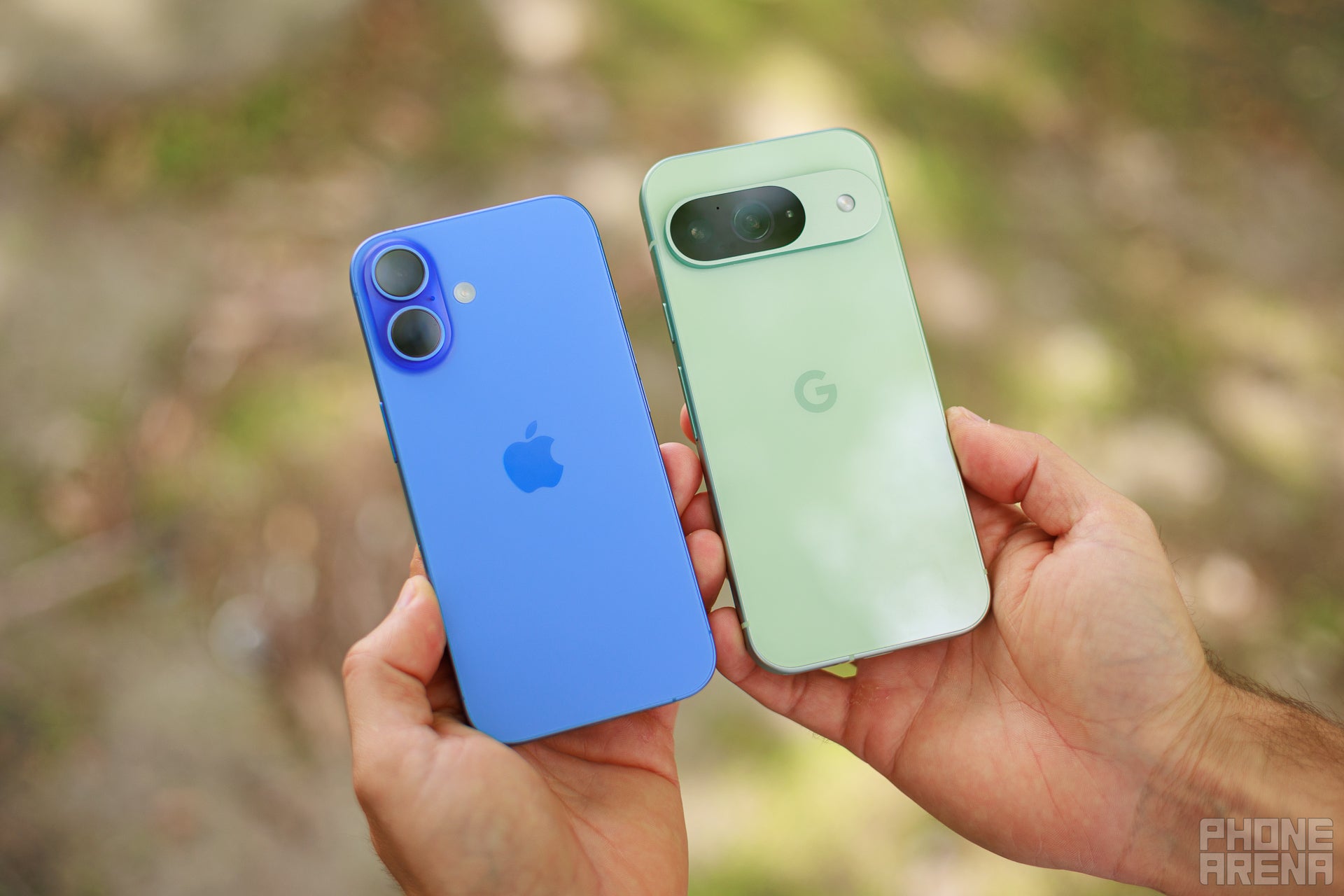
(Image by PhoneArena)
Apple is mostly sticking to the design it introduced with the iPhone 12, which means the iPhone 16 comes in the shape of a block, with flat sides and tapered edges that do not cut into your hands. The only new thing about its look is the horizontal arrangement of the two cameras at the back, which enables the new feature Spatial Video for the Apple Vision Pro.
When it comes to shape, and even ergonomics, the Pixel 9 actually feels quite a lot like a modern iPhone to us when we hold it. Since the iPhone 16 is mostly similar to its predecessors the only major differentiating design elements are the camera modules and notches/selfie camera cutouts.
The iPhone 16 is also made from similar materials to those of the Pixel 9, rocking an aluminum frame and glass back. That said, the back of the iPhone has the same matte finish from last year's model, which contrasts the glossy finish of the Pixel.
The iPhone 16 (as well as the other models), comes with the Action Button that debuted with the iPhone 15 Pro last year. There's also a brand new Camera Control button that quickly starts the camera. This new button works like a shutter button on a DSLR camera, so it will focus on a slight press and take a picture once you press it all the way in. It is also touch sensitive, allowing for swipe gestures to affect other camera controls.
The rest is pretty much the same between the two phones, like their IP68 certification for water and dust resistance.
Oh, and if you are interested in the available colors, both come in some vibrant hues, find out more about them here:
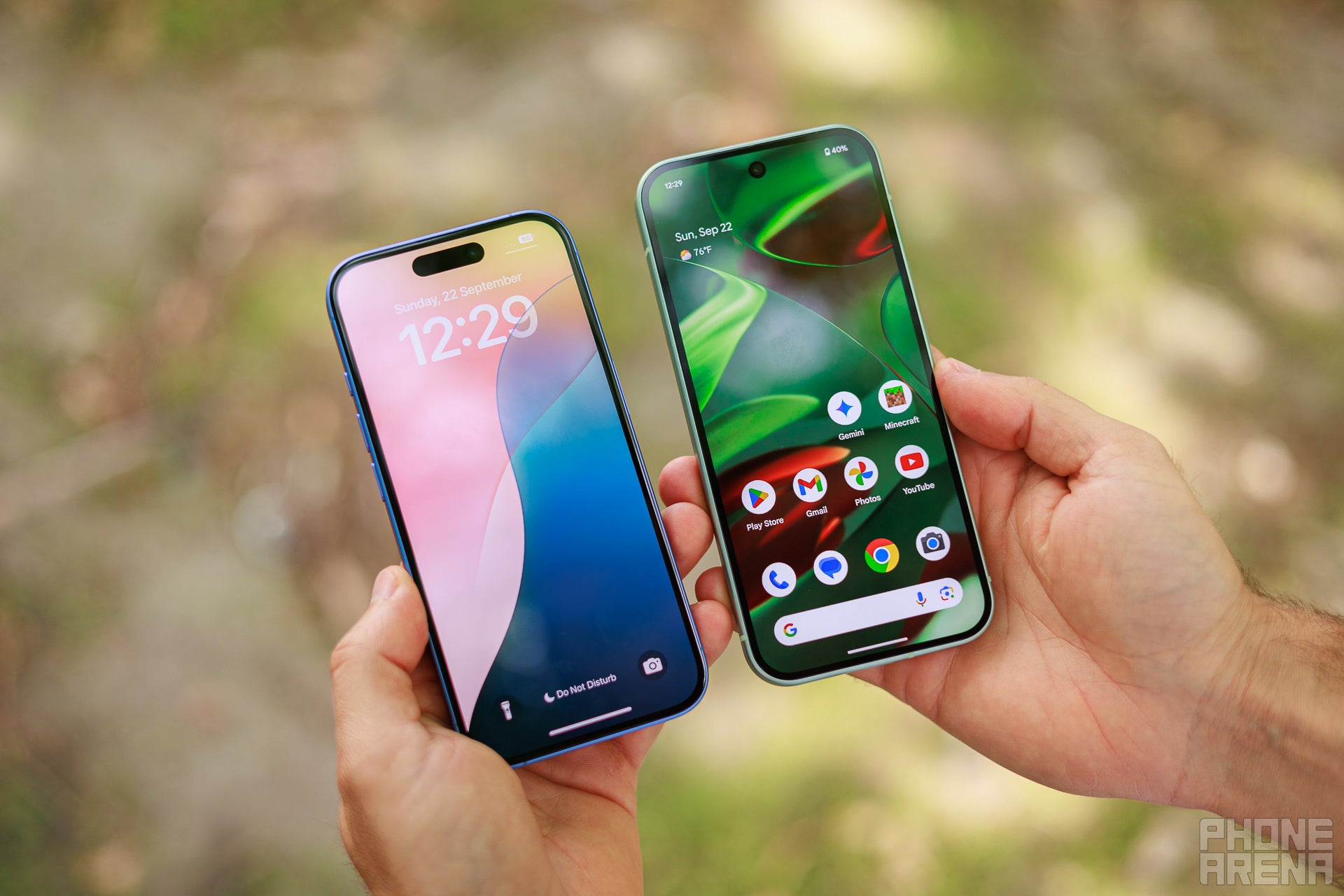
(Image by PhoneArena)
As for the displays, you get a 6.1-inch OLED screen on the iPhone 16, but Apple has introduced a 2nd-gen Ceramic Shield, which is 50% tougher (Apple typically measures this "toughness" as the ability of the screen to survive drops, but there seem to be no changes in its scratch resistance).
As for brightness levels, Apple once again claims a peak brightness of 2000 nits, while the Pixel 9's display peaks at 2700 nits. For nominal brightness, which is what most users will realistically experience on the daily, the Pixel performed outstandingly in our display lab tests and blew us away with 1970 nits.
Sadly, Apple once again disappoints with the super slow 60Hz screen refresh rate. In comparison, the Pixel 9 can go up from 60 to 120Hz, making navigation and gaming much smoother.
The Pixel showed better color accuracy during our display lab tests.
Performance and Software
Apple A18 probably wins the benchmarks, but does it matter?
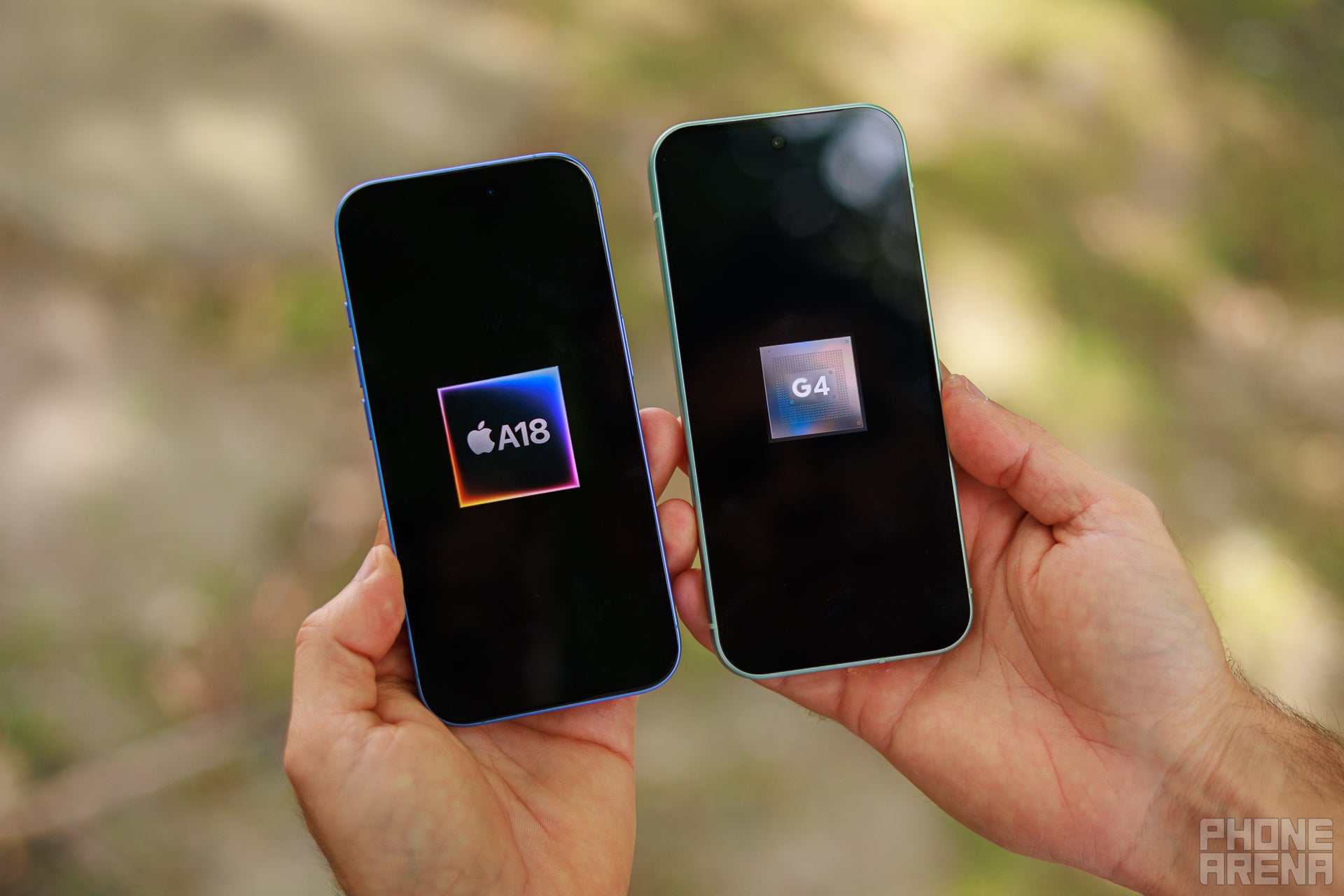
(Image by PhoneArena)
Apple boasted about the amazing performance of the iPhone 16's A18 chipset that comes with a 30% faster CPU and a 40% faster GPU and it beats the Tensor G4 in benchmark performance testing. But the truth is that most of us don't know what to do with this amazing raw power anyway.
The Pixel 9 is perfectly capable despite the lower scores. It surprised us when we saw how well it handled the new AI features. Take Add Me, for example, which lets you combine two group selfies into a single photo so everyone can be in the picture. It feels similar to last year’s ‘Best Take’ feature, and it does have its limitations, but it can blow your mind.
The iPhone 16 and iOS 18, on the other hand, are quite behind on this type of AI magic. Still, at least as of October 28 the first batch of Apple Intelligence features was released, and now iPhone 16 owners can enjoy features like Siri holding more natural conversations, or a Clean Up tool in the Photos app that allows you to remove unwanted objects. But many other Apple Intelligence features are slated for release later, with the second wave scheduled to come with iOS 18.2 in December, and the last with iOS 18.3 in March or April.
And since we are on the topic of AI, just like the Pixel 9 has a good chunk of its 12GB RAM dedicated to on-device AI functionality, so seems to be the case with the iPhone 16. The difference is that the iPhone is rocking 8GB of RAM instead, although the two phones handle and utilize memory very differently, so this shouldn't be a big indicator of their performance.
It is no surprise that the A18 chip inside the iPhone 16 is more powerful than the Tensor G4 of the Pixel 9, but the gap is indeed impressively big. In the case of processing speed the Pixel performed at nearly half of what the iPhone showed during our benchmark tests.
Storage-wise, unlike the iPhone 16 that keeps the same 128GB, 256GB or 512GB options from its predecessor, the Pixel 9 comes only in 128GB and 256GB.
Both phones are perfectly safe choices for anyone who cares about software support, as both Apple and Google are committed to more than 5 years of software updates and security patches. That number is 7 years in particular for the Pixel, and between 6 and 7 years for the iPhone.
Camera
The closest this battle has ever been
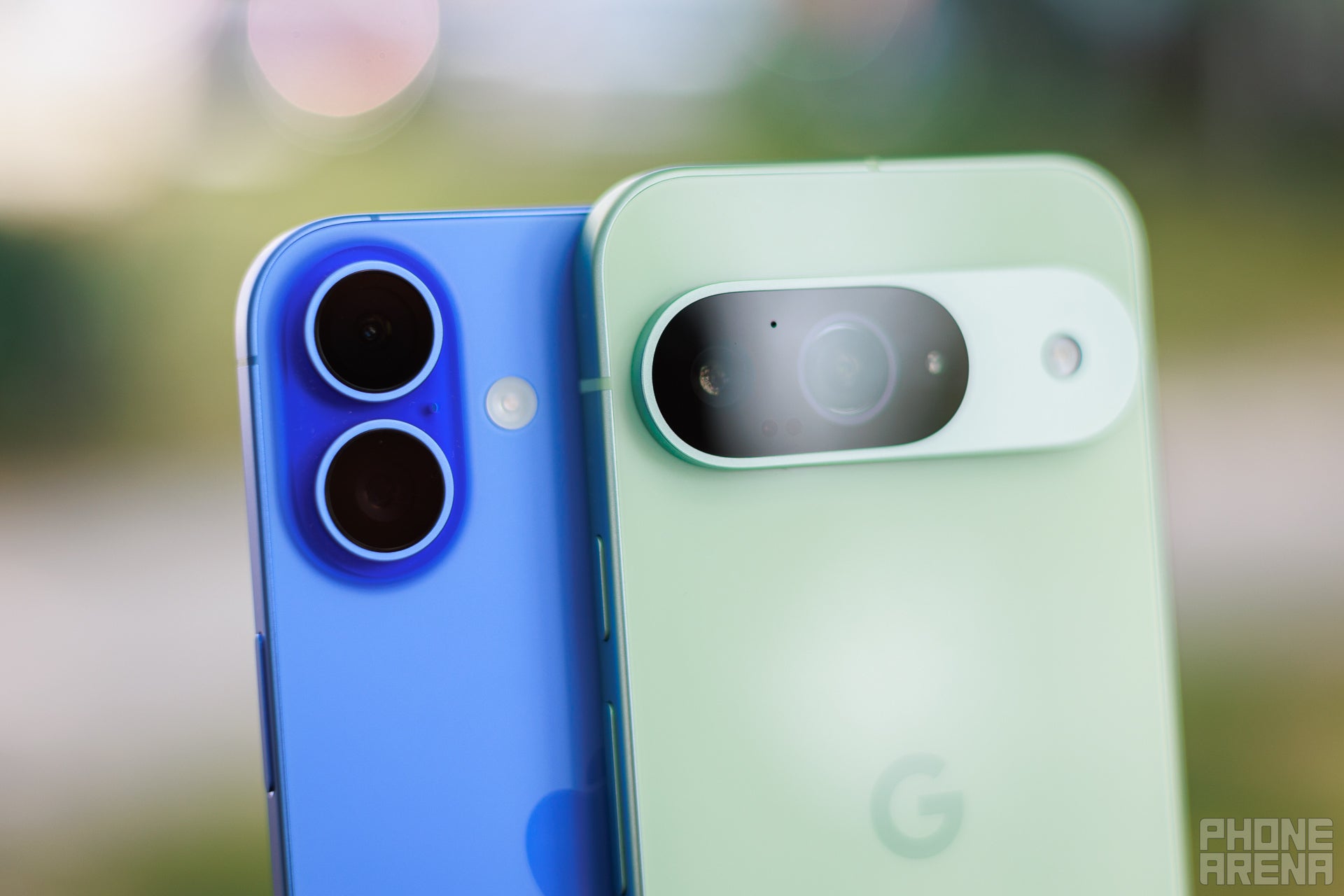
(Image by PhoneArena)
iPhone 16 camera specs:
- Main (wide) camera—48MP, f/1.6 aperture, 26mm, AF
- Ultrawide camera—12MP, f/2.2, 12mm, AF, Macro photography
- Front camera—12MP, f/1.9, AF
Above are all of the iPhone 16 specs we know for certain. We know much more about the Pixel 9 camera system though.
Pixel 9 camera specs:
- Main (wide) camera—50MP Octa PD, AF, ƒ/1.68 aperture, 82° field of view, 1/1.31" image sensor size, Super Res Zoom up to 8x, Optical + electronic image stabilization on wide
- Ultrawide camera—48MP Quad PD, autofocus, ƒ/1.7 aperture, 123° field of view, 1/2.55" image sensor size
- Front camera—10.5MP Dual PD, autofocus, ƒ/2.2 aperture, 95° ultrawide field of view
Both phones have received upgrades to their ultra-wide cameras. The Pixel 9 has a higher resolution image sensor of 48MP, and the iPhone 16's 12MP ultra wide now comes with support for Macro Mode and autofocus (also available on the Pixel).
One thing to keep in mind is that the iPhone takes 24MP images by default with its main camera, whereas the Pixel 9 takes 12MP images that have less detail and lower sharpness.
Battery Life and Charging
The Pixel 9 is be the better choice for battery life and charging speed
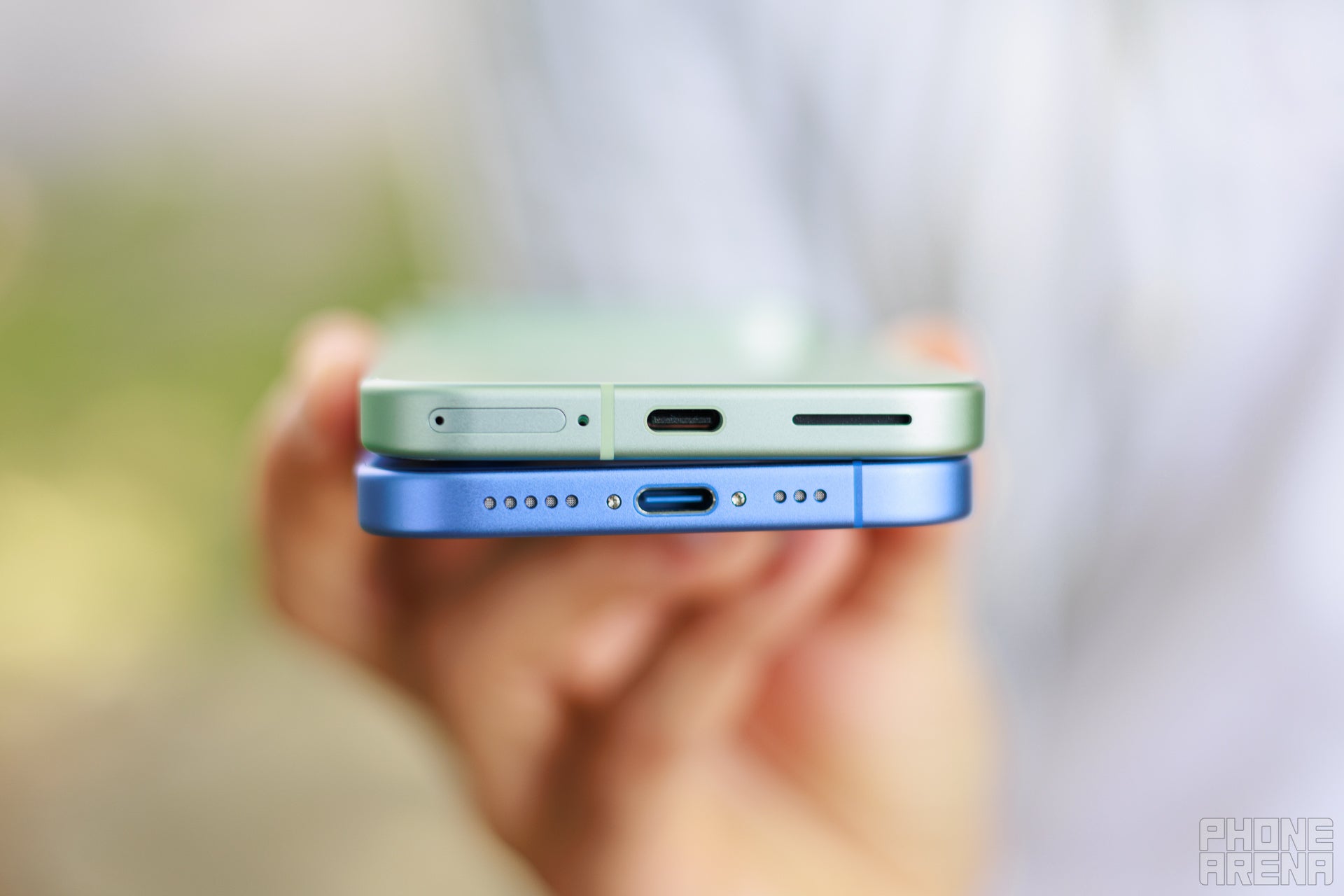
The iPhone 16 comes with a 3,561 mAh battery, while the Pixel 9 gets a large, 4,700 mAh one.
The Pixel 9 performed amazingly during our battery life tests, scoring a battery life estimate of around 7 hours and 31 minutes, which is almost an hour more than its predecessor. That result placed it at #12 in our list of phones that we have tested for the last couple of years.
Charging-wize, the two are somewhat on par with each other. While the Pixel has faster 27W of charging vs. the 20W on the iPhone 16, its battery is larger, so the overall charging time is not too different.
On the other hand, the iPhone 16 comes with faster 25W wireless charging (via MagSafe), compared to the 15W of the Pixel 9.
Also read:
PhoneArena Battery and Charging Test Results:
As we already predicted, our battery life tests showed us that the Pixel 9 is definitely the way to go if you want to pick the longer lasting phone between these two. It has an estimated 1 hour more of battery life, and did better in all three of our tests.
Specs Comparison
And here is a bird eye's view of the expected iPhone 16 vs Pixel 9 specs:
| Specs | iPhone 16 | Pixel 9 |
|---|---|---|
| Dimensions | 147.6 x 71.6 x 7.8 mm | 152.8 x 72.0 x 8.5mm |
| Weight | 170 g | 198 g |
| Screen | 6.1-inch OLED 60Hz 2nd-gen Ceramic Shield 2000 nits peak brightness | 6.3-inch OLED Actua 60-120Hz Gorilla Glass Victus 2 2700 nits peak brightness |
| Processor | Apple A18 3nm | Tensor G4 4nm |
| RAM, Storage *Price expectations | 8/128GB for $800 8/256GB for $900 8/512GB for $1,100 | 12/128GB for $800 12/256GB for $860 --- |
| Cameras | 48MP main 12MP ultra-wide 12MP front | 50MP main 48MP ultra-wide 10.5MP front |
| Battery Size | 3,561 mAh | 4,700 mAh |
| Charging Speeds | 20W wired 25W wireless (with MagSafe) | 27W wired 12W wireless |
Which one should you pick?
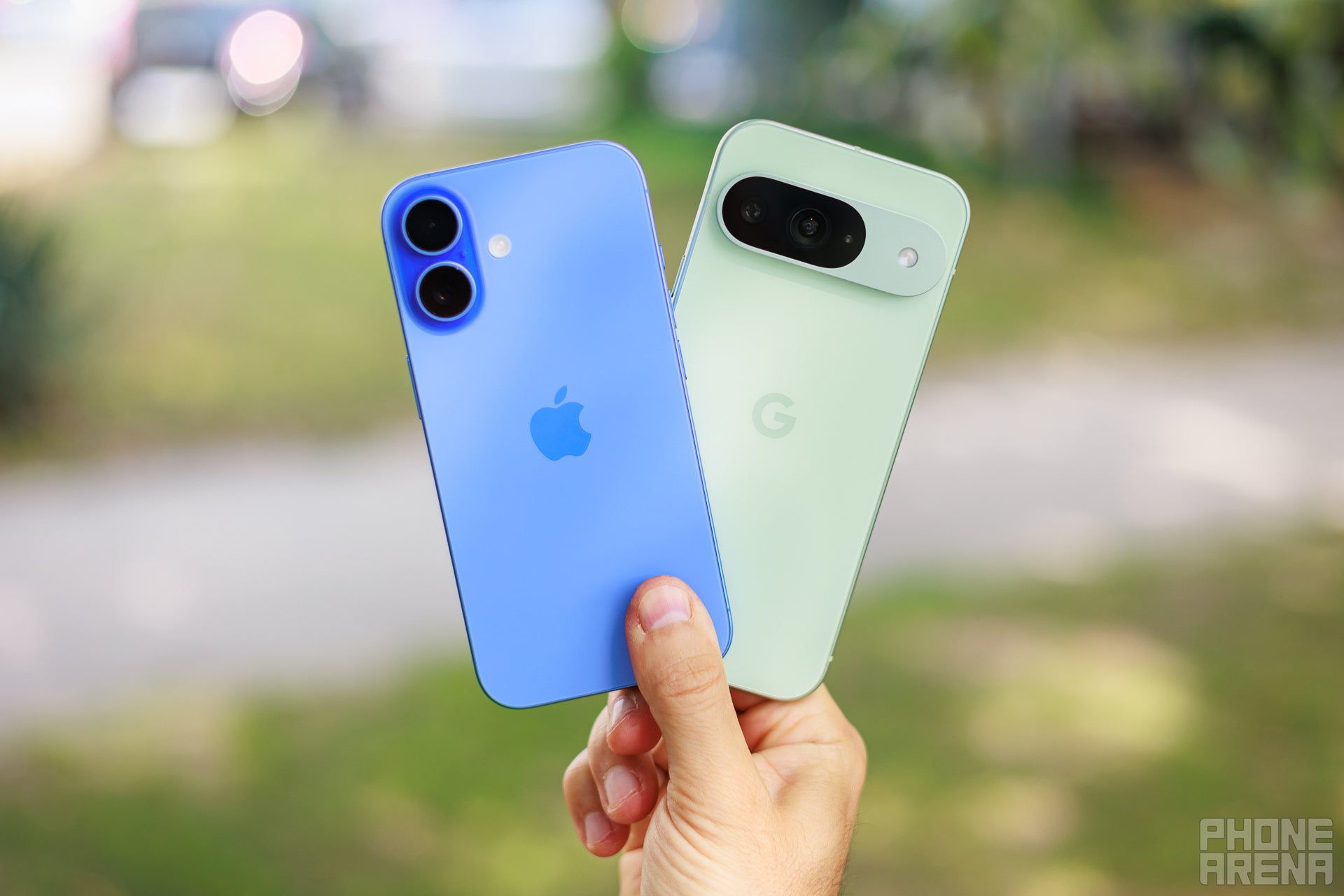
(Image by PhoneArena)
While Apple is hyping up the iPhone 16 series to be a big step towards AI functionality, the Pixel 9 is already there and it won't be waiting for the iPhone to catch up.
The Pixel 9 also wins in terms of battery life, as it beats expectations. We also really like the new design. On the other hand, the iPhone 16 might be the better option for those who value a smaller and lighter phone in their pocket.
Which one would you go for, the Pixel 9 or the iPhone 16?
Follow us on Google News


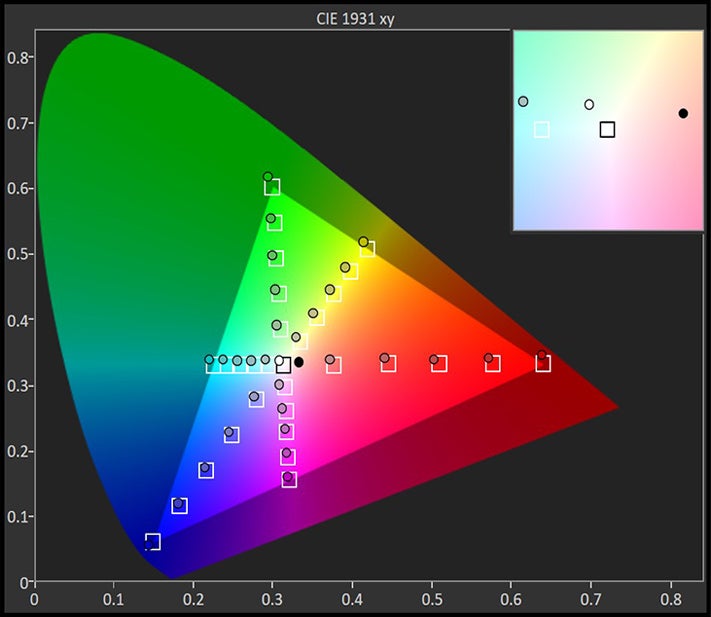
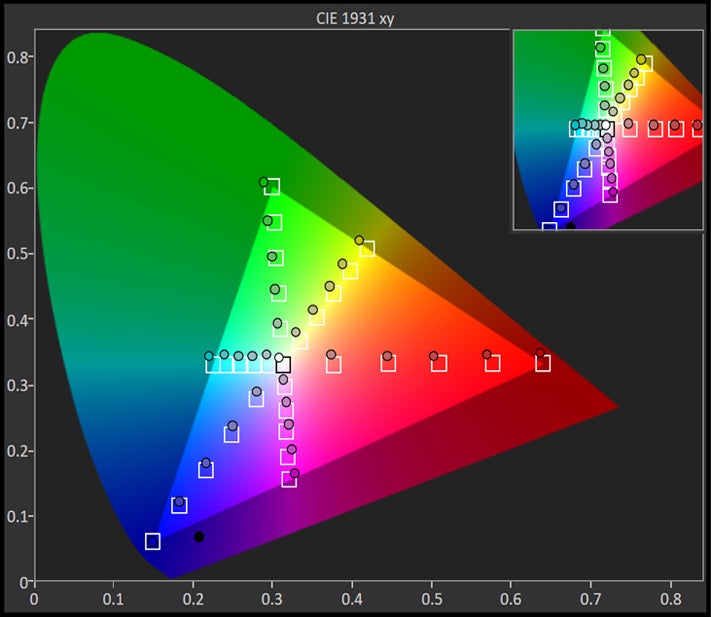







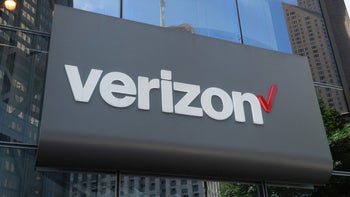
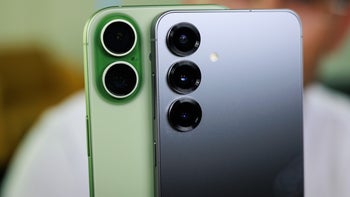

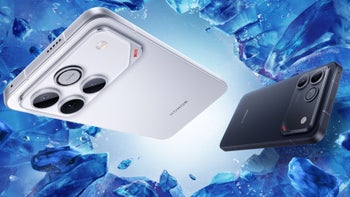





Things that are NOT allowed:
To help keep our community safe and free from spam, we apply temporary limits to newly created accounts: